7 Days is a weekly roundup of the Editors' picks of what's been happening in the world of technology - written with a dash of humor, a hint of exasperation, and an endless supply of (Irish) coffee.

It's the end of another week, filled with all sorts of thrilling announcements, spicy rumors, and delightful details from all over the tech world. As ever, 7 Days is here to make sure you're up to date with what's been happening.
_story.jpg)
Our journey begins this week with Intel, which has announced the end of its Developer Forum, after almost two decades.

AMD launched its new Radeon RX 500 family of graphics cards, built on the same 14nm Polaris architecture as last year's RX 400 series. In fact, they're so similar that an RX 480 can be upgraded to an RX 580 with a BIOS flash.
Juicero attracted widespread derision for its $400 'smart juicer', which does little more than squeeze pre-made organic fruit and vegetable juices out of a bag and into a cup. The company is now offering refunds to buyers after it was pointed out that the same job could be done by hand.
Good grief.
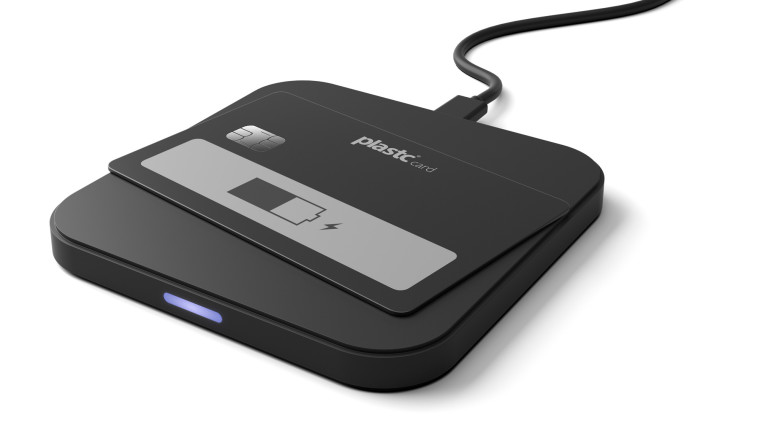
Plastc, which aimed to offer a new type of credit card - that stored multiple card details on a single unit, and featured an e-ink display - shut down operations this week.

Audio specialist Bose is facing a lawsuit, which claims that it collected users' audio histories, and shared that data with marketing companies along with personally identifiable data, alleging violation of the Wiretap Act and privacy laws.

Facebook held its F8 developer conference this week, where it made a variety of announcements:
-
Facebook wants to eventually replace passwords, starting with Delegated Account Recovery
-
Research project aims to read your thoughts, and help people hear through their skin
Can't wait to examine the privacy implications of that project.

Mozilla released Firefox 53, ending support for older versions of Windows, adding new UI options, and introducing the new Quantum Compositor engine, which handles page rendering in a separate process.

Perhaps the most surprising news of the week was about Firefox's biggest rival, Chrome. Google - which makes nearly all of its money from selling online ads - is reportedly planning to build its own ad-blocker into Chrome... but that's not quite as mad as it first seems.

Google made its Home speaker hub a lot more useful, as it added multi-user support, using voice recognition to offer personalized features for up to six people.

Google also launched a new version of Earth, its global exploration platform, introducing a range of features to help users learn more about our planet, and see it from all sorts of new perspectives.

Weeks later than planned, Verizon said that its 4G-connected Android Wear 2.0 smartwatch, the Wear24, will finally be available next month.

Google's Android Wear 2.0 rollout has been a bit of a mess. The company said that it will finally make its way to the last set of eligible devices by the end of May.

The rollout of Android 7.0 Nougat hasn't been much better. Eight months after Google released that update, it's still slowly making its way to various devices:
- HTC One A9 in India
- Samsung Galaxy S6 and S6 edge in India
- Samsung Galaxy Tab S2 8.0 and 9.7 in the US
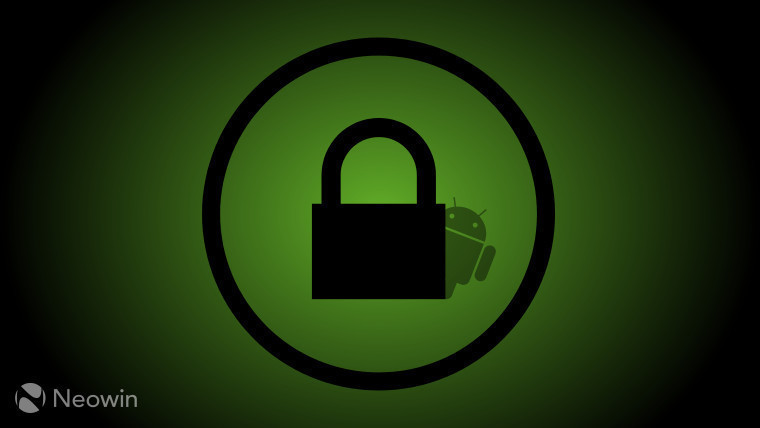
Google's Android security updates have also been rolling out to more devices:
- Samsung Galaxy Note 4 and Galaxy Note Edge on T-Mobile US (March update)
- Samsung Galaxy Tab S3 (April update)
- Samsung Galaxy S8+ in Europe (April update)
...and Google mistakenly pushed a "confidential internal" Android security update to some Pixel XL handsets. Oops.

It hasn't been the best of weeks for Google's devices. It emerged that many Pixel and Pixel XL owners have been complaining of problems with backing up their data for months. Some Pixel and Nexus owners reported issues with the fingerprint sensors on their devices after installing the Android 7.1.2 update.
And Google is also facing a class action lawsuit over bootloop and battery issues on its Nexus 6P.

Samsung's new Galaxy S8 flagships, which are launching this month around the world, have also been making headlines in recent days:
- Users report a 'red hue' on their Galaxy S8 and S8+ displays
- Samsung is now preventing users from remapping the physical Bixby digital assistant button
- Galaxy S8 and S8+ get teardown treatment
- Galaxy S8 gets scratched, subjected to flames and a bend test
- Galaxy S8's battery survives being sliced and stabbed; spares the fireworks
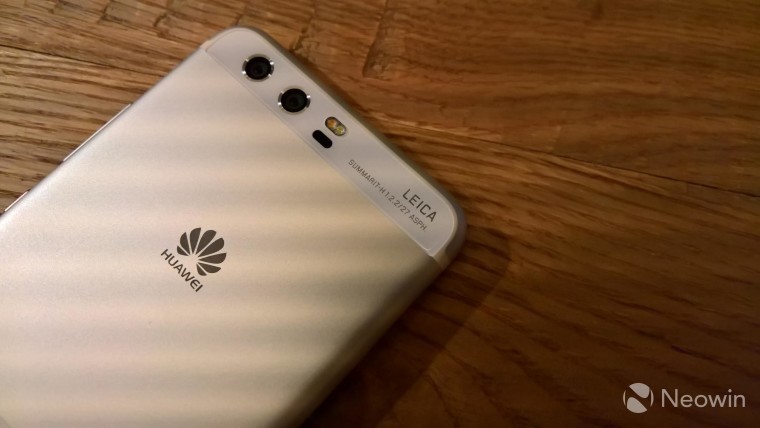
After it emerged that some owners of Huawei's new P10 and P10 Plus flagships were seeing wildly different memory performance on their devices, Huawei admitted that it has used a variety of memory chips on the handsets, but insists that it has not misled customers.

Xiaomi unveiled its new top-of-the-line Mi 6 handset, featuring some killer specs at incredibly competitive prices. The device has a 5.15-inch screen, and uses Qualcomm's latest Snapdragon 835 processor with 6GB RAM and up to 128GB storage, priced from just $360.

Sharp announced its new Aquos R, a compact flagship that also uses the Snapdragon 835. It features a 5.3-inch Quad HD display too, along with a 22.6MP camera, 4GB RAM, and 64GB storage.

After seemingly endless leaks, HTC confirmed that its new U flagship will be unveiled on May 16. The device - which features touch-sensitive bezels - will be revealed just two months after its last flagship, the U Ultra, went on sale.

Microsoft released a new beta of its Arrow Launcher for Android devices, bringing a range of minor, but useful new features.

Microsoft also released a preview of its new "intelligent task management app" for Android phones, iPhones and Windows 10 devices. Promising a "smarter, more personal and intuitive way to help people stay organized", and integrated with Office 365, Microsoft To-Do will eventually replace Wunderlist, which the company acquired almost two years ago.
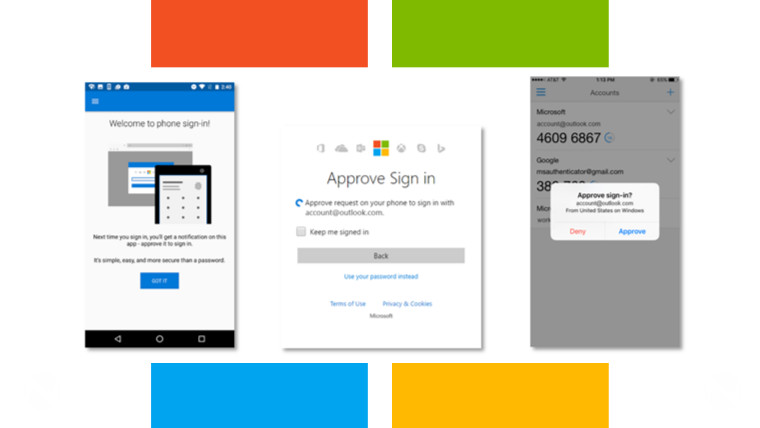
Microsoft is also attempting to simplify two-factor authentication for those signing in to Microsoft accounts, enabling them to do so without a password, using its Authenticator app on iOS and Android... but not on Windows phones.
What a surprise.

Apple released its third developer betas of iOS 10.3.2, macOS 10.12.5 Sierra, watchOS 3.2.2, and tvOS 10.2.1.

Apple also accidentally emailed hundreds of employees with a copy of a document that detailed workplace injuries to some of its staff, and which included possible hints at the company's future products. One incident referred to a user who "experienced discomfort in her eye and said she was able to see the laser flash at several points" after testing an unknown prototype.

Microsoft has been using iris-scanning technology for some time as part of its Windows Hello biometric authentication platform, but the company has now patented an enhanced version of that technology would could be used in future devices.
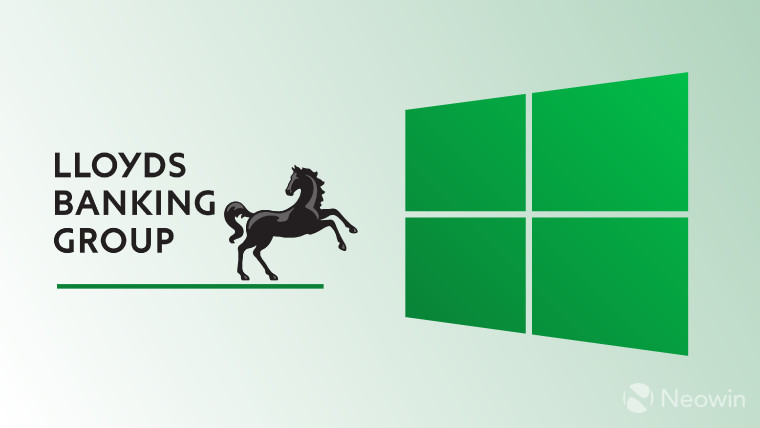
Meanwhile, Microsoft is working with the UK's Lloyds Banking Group to enable customers of Lloyds Bank, Halifax, and Bank of Scotland to use Windows Hello fingerprint scanning and facial recognition when accessing their accounts.

Expanding on its collaboration with Twist Bioscience and the University of Washington, Microsoft is acquiring another ten million strands of DNA to explore its potential for use in data storage.

Microsoft is also acquiring Intentional Software, a company co-founded in 2002 by Charles Simonyi, one of its most distinguished former employees. Simonyi was a key figure in the development of Word and Excel, but left Microsoft to develop the Intentional Programming paradigm, which Microsoft is now interested in commercializing to help 'reinvent productivity'.
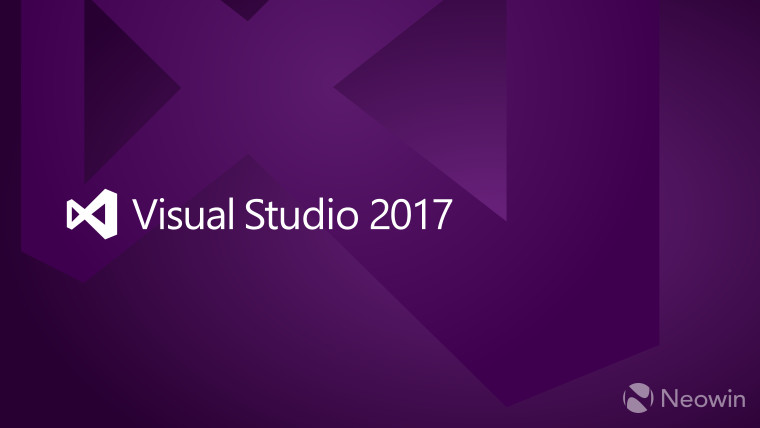
Visual Studio 2017 Preview 15.2 was released this week, bringing various improvements and fixes for the developer community.
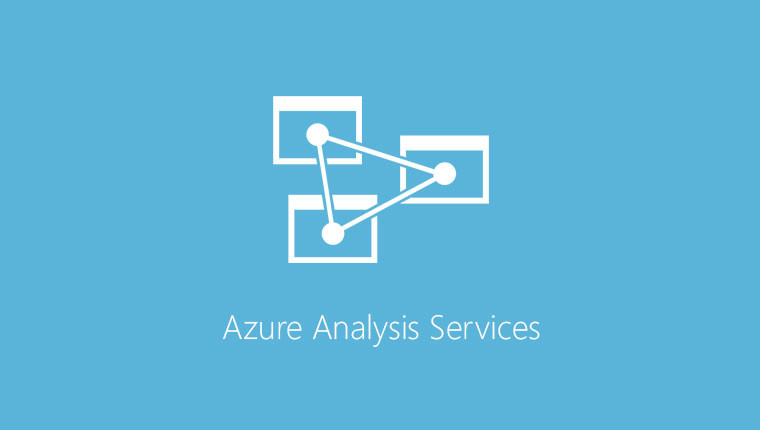
Microsoft also announced a series of updates to Azure Analysis Services, its Online Analytics Processing engine, including improved integration with Active Directory, new pricing options, and more.

Fujitsu unveiled a new range of Windows 10 PCs and tablets for enterprise, including one with a new 'Slide Passport' authentication system that will "read and authenticate the pattern of veins in your hand".

And HP showed off its new family of mobile workstations, offering powerful performance and enterprise-class security.

After unveiling its Galaxy Book at Mobile World Congress in February, Samsung announced details of pricing and availability in the US this week. The 10.6-inch Windows 10 tablet will be priced from $629.99, while the 12-inch model - which includes a 4G LTE option - will be available from $1,129.99.
You can get a quick overview of the Galaxy Book 10.6" and 12" in our hands-on video.

The Eve V, which the company's CEO described as a 'Surface killer' in an interview with Neowin last year, will go into production next week, and begin shipping from next month. The crowdsourced, crowdfunded device is similar in concept to Microsoft's Surface Pro 4, but features the latest 7th-generation Intel processors, USB-C ports, and a keyboard that can be used without being physically connected to the device.

Microsoft released new firmware for its Surface Pro 3 tablet, promising an improvement in system stability and performance "when you change between power states".

Microsoft also released an update for its Surface Studio, allowing owners of the high-end Windows 10 all-in-one to wake the device simply by saying "Hey Cortana".

Photos emerged of a prototype Lumia Windows device with ultra-slim bezels, running Windows Phone 8.1 - but it wasn't destined to be a high-end handset.
Had that device been released, it probably wouldn't have had much impact on the dwindling fortunes of Microsoft's mobile platform. As Windows' share of the global smartphone market has all but disappeared, Microsoft recently announced plans to sell Samsung's Galaxy S8 Android flagship in its US stores.

But it's not just happening in the US. In China, the Microsoft Store has now started selling the Xiaomi Mi 5s Plus - and as with the Galaxy S8, it will come preloaded with Microsoft's apps.
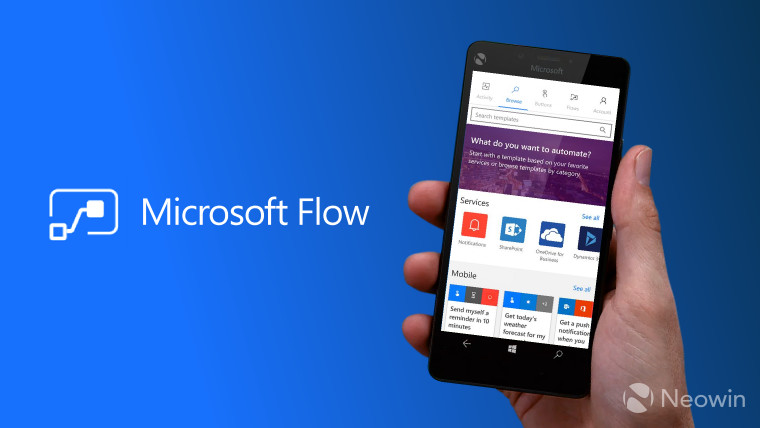
Months behind iOS and Android, Microsoft launched its Flow beta app for "Windows Phones" a couple of weeks ago. The app now appears to be out of beta, but Microsoft has since edited its earlier announcement to clarify that it's only for Windows 10 Mobile devices with at least 2GB of RAM.
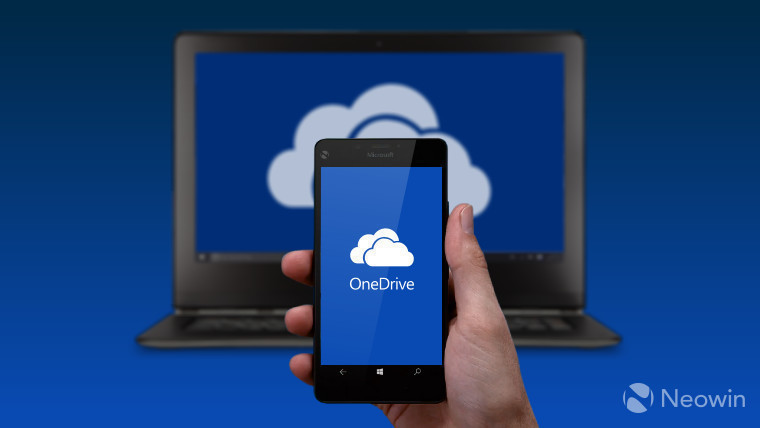
Over a week after OneDrive users reported problems syncing their files to and from Windows phones, the problem was resolved a few days ago.
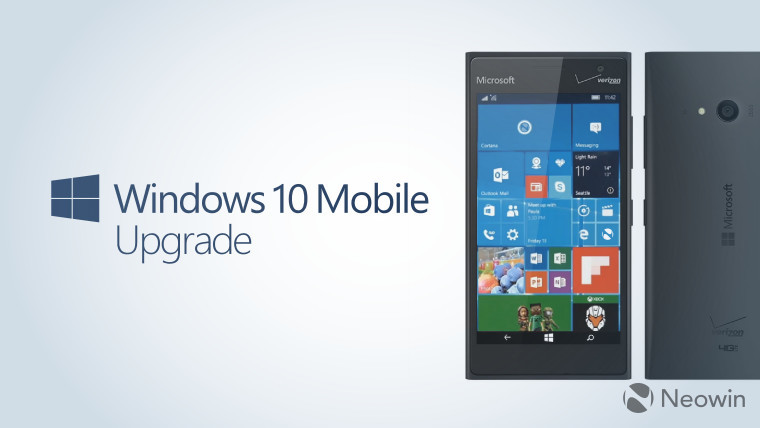
Next week, Microsoft will begin rolling out its Windows 10 Mobile Creators Update - but as it recently confirmed, just 13 handsets will officially be able to install that update, as the company is dropping support for older devices.
Unsurprisingly, that outraged many Windows phone owners, but their anger deepened when Microsoft apparently disabled its Upgrade Advisor app, preventing any Windows Phone 8.1 device from upgrading to Windows 10 - including those devices that were previously eligible.
But on Tuesday, the app started working again - and according to Microsoft's Jason Howard, the reason it stopped working in the first place was due to a "bug".

It's not surprising that so many people assumed Microsoft had simply terminated that upgrade path, given its decision to end support for so many devices, and the fact that it recently split off Windows 10 Mobile from its main Redstone 3 development branch into a separate 'feature2' branch.
After releasing build 15204 last week, Microsoft rolled out Windows 10 Mobile 'feature2' preview build 15205 to the Fast ring on Wednesday. The fixes and known issues for that build can be found here.

On the same day, it released Windows 10 Redstone 3 preview build 16179 for PCs in the Fast ring. Microsoft previously made it clear that its early RS3 builds would focus on structural improvements to OneCore, so while there's not much in the way of new features, there are some fixes and known issues to be aware of.

Also on Wednesday, Microsoft revealed that it had reintroduced Power Throttling in its most recent RS3 builds for PCs. That feature optimizes CPU usage to boost battery life on portable devices, such as tablets and notebooks.
The next day, Microsoft revealed that its Redstone 3 update will be released in September, and said that the company is now aligning Windows 10's two-updates-per-year release cadence with Office 365 ProPlus.

Microsoft announced further changes to Office 365 ProPlus, including extended support for each feature update, revisions to system requirements, and a range of new tools to help manage application compatibility.

Next month, Microsoft is hosting an event at which it's expected to formally announce its new Windows 10 Cloud edition. 'Recommended minimum specifications' for devices running that new version of the OS were revealed this week.

In December, Microsoft announced that it would bring the full version of Windows 10 to devices with next-generation ARM processors, capable of running x86 apps through emulation. Qualcomm's CEO said this week that 'Mobile PC' devices with its Snapdragon 835 chips are scheduled to launch in the fourth quarter of 2017.

Microsoft is adding new features to its Windows 10 Mail and Calendar apps for Gmail users, which were previously available only for those who used Outlook and Office 365.
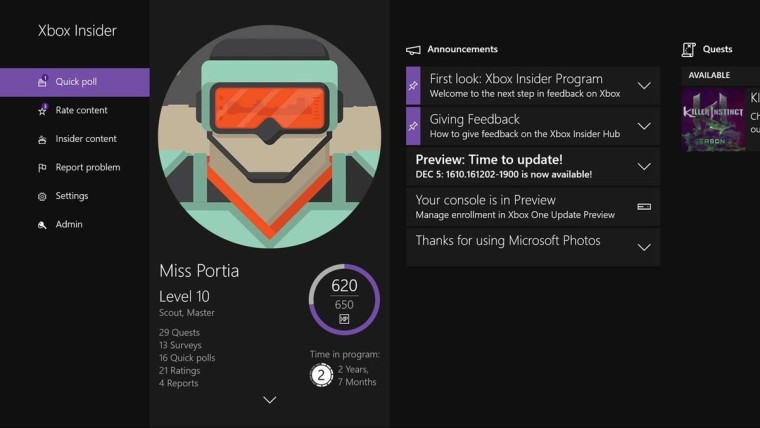
The Xbox Insider Hub app, previously exclusive to Xbox One consoles, is coming to Windows 10 PCs.

Microsoft announced details of its next update, Version 1705, for the Xbox One and One S, including several fan-requested features. The latest build, 15063.3022, is now available for Xbox Insiders in the Alpha Ring.

The latest Xbox Games with Gold were revealed, which will include Star Wars: The Force Unleashed II next month.

Two years after its PC debut, Cities: Skylines is now available on the Xbox One. You can see the launch trailer for the Xbox One edition here.

Halo Wars: Definitive Edition was released on Thursday as a standalone purchase for the Xbox One, and for PCs via the Windows Store and Steam.

A new racing mode is coming to Grand Theft Auto Online, which will be familiar to those who played GTA back in the ol' days. The top-down view in Tiny Racers will be a nostalgia-fuelled thrill ride for many players, and frankly, it looks like enormous fun - make sure you check out the launch trailer here.

It's official: the next instalment in the hugely popular Call of Duty series will take the series back to its World War II roots - and we'll learn more about the new game next week.
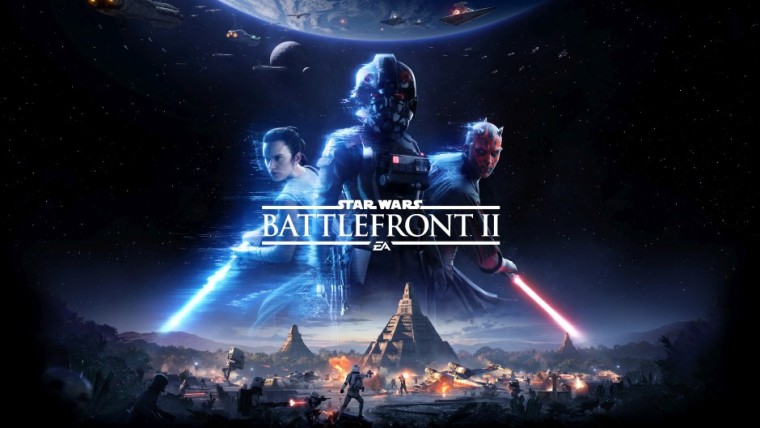
The official trailer for Star Wars Battlefront II was released this week, ahead of the game's release on November 17. That's a long time to wait...!

Sony announced on Tuesday that it will now be offering double the storage on its PlayStation 4 Slim in the US and Canada, for the same price of $299.99. Until now, the console has only been available in North America with 500GB of storage.

Our odyssey across the tech world ends on a note of excitement - particularly after last week's disappointment, when Nintendo confirmed that it was no longer making its wonderful NES Classic Edition console. But as it turns out, it might just be preparing to launch a new version of the SNES...

Squeeeee!
Bonus content
Before we wrap things up for another week, let me first highlight a few extra bits around the site that I hope you’ll enjoy reading.

Shreyas Gandhe put the Xiaomi Redmi 4A through its paces in a detailed review, declaring it "probably the best low end smartphone". If you're looking for an affordable handset, that's definitely worth a read!

Rich Woods got his paws on HTC's latest flagship phone, the U Ultra. Check out his unboxing video and first impressions of the device.
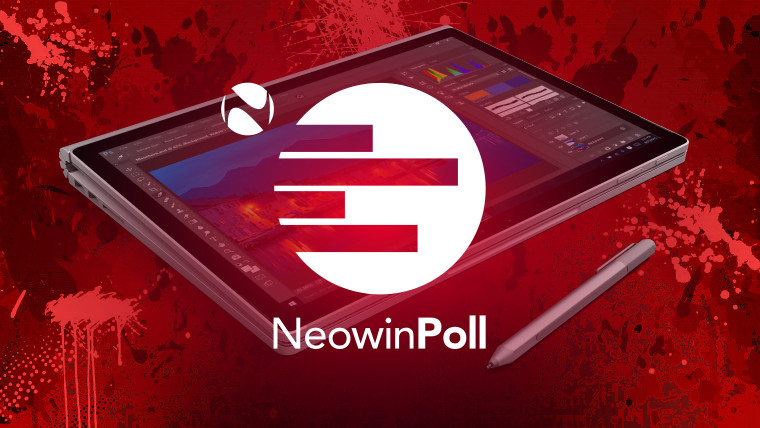
After Microsoft released the Windows 10 Creators Update for PCs earlier this month, we asked our readers if they've installed the new version of the OS yet. Cast your vote in our latest poll!

And if you have installed the Windows 10 Creators Update, join in our latest discussion and have your say, to let us know your thoughts on the new features and additions it brings... and to let us know if you've had any problems with it!
Stay tuned to Neowin in the days ahead for what’s sure to be another exciting week, filled with official news, lots of updates, and plenty of insights from around the world of technology.
For now, though, there’s lots more to read across the site – including all sorts of interesting discussions over on our forums.
From all of us
on the Neowin team,
have a great weekend!




















